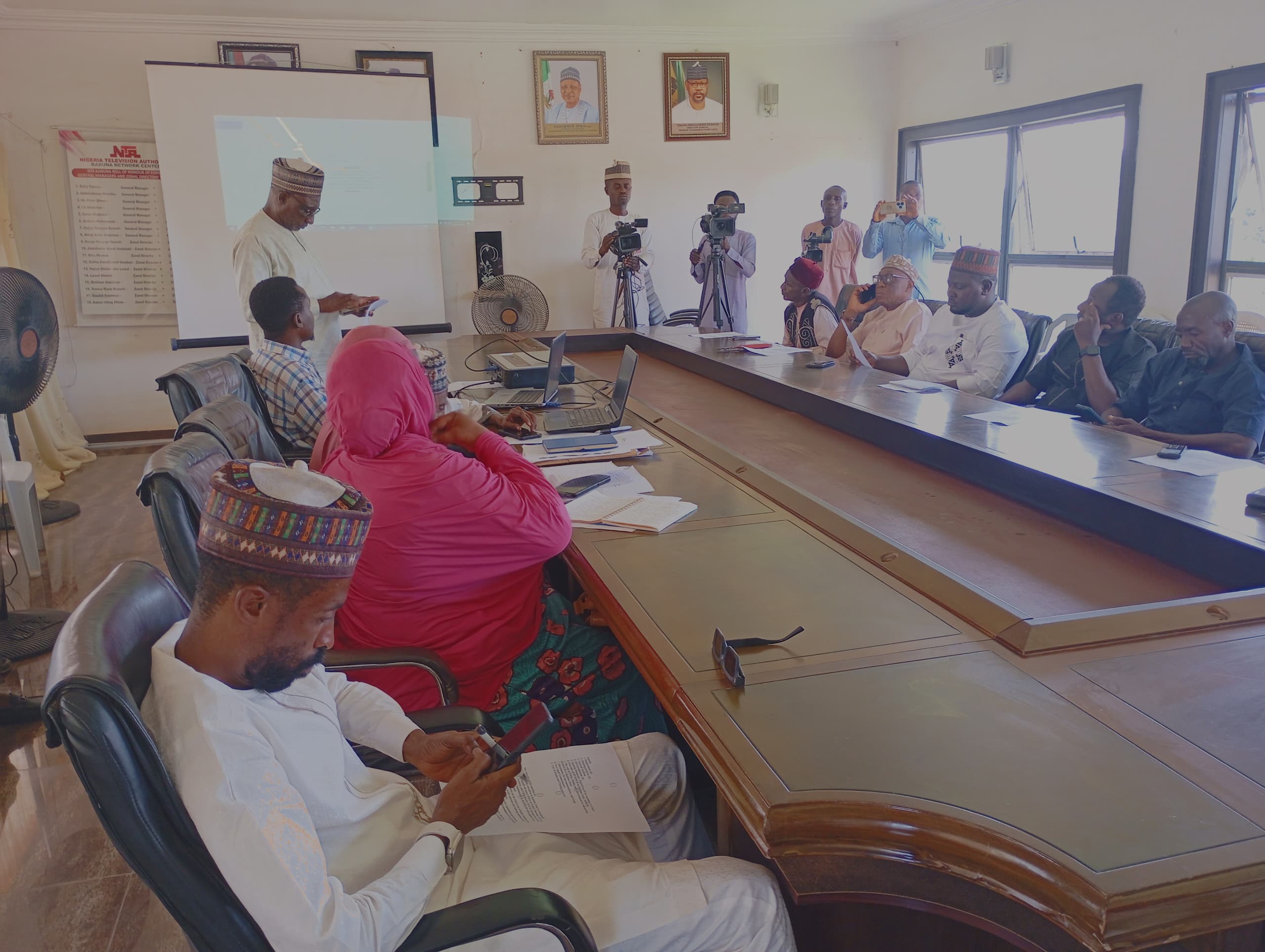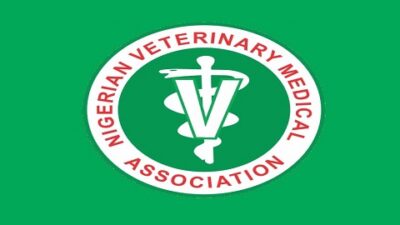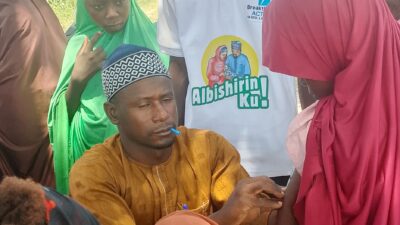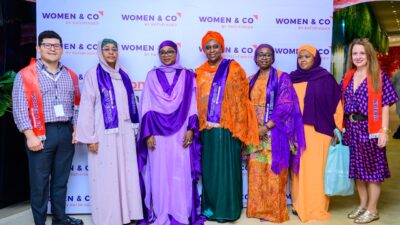By Abdullahi Alhassan, Kaduna
The Kaduna State Advocacy for Maternal and Adolescent Mortality (KADMAM) is advocating for cash backing to strengthen Family Planning (FP) and Maternal, Newborn, and Child Health (MNCH) financing and access said the Co-Chairman Comrade Garba Muhammad at Media Executive Meeting in Kaduna state.
According to him Kaduna State is taking a significant step towards reducing maternal and infant mortality rates through a collaborative effort between Civil Society Organizations (CSOs), the media, and government stakeholders.
He said Despite budget allocations, cash releases and utilization remain a major challenge in Kaduna State. FP uptake remains below national targets, and high maternal and neonatal mortality rates persist. The situation is further complicated by limited cash backing, which affects procurement of commodities, logistics, and service delivery.
CSOs are playing a crucial role in advocating for FP/MNCH financing and access. They are tracking budget allocations, releases, and utilization, and engaging policymakers to fulfill financial commitments. They are also creating awareness and demanding for FP/MNCH services, serving as a bridge between citizens and government.
The media is also playing a vital role in informing citizens about FP/MNCH benefits and funding issues, keeping FP/MNCH financing in the public discourse, and tracking promises versus actions on FP/MNCH cash releases.
Government stakeholders are being called upon to ensure consistent allocation for FP/MNCH, translate budget commitments into real action, and track service delivery outcomes and ensure value for money.
The way forward includes strengthening advocacy for timely cash backing of FP/MNCH budgets, establishing a joint CSO-Media-Government Accountability Forum, regularly publishing budget performance reports, supporting capacity building for media and CSOs on budget tracking, and promoting multi-sectoral partnerships to sustain FP/MNCH financing.
The Executive Arm of Government is being urged to ensure full and timely cash backing of FP/MNCH budget lines and recognize FP/MNCH as a priority investment in Kaduna State’s development agenda.
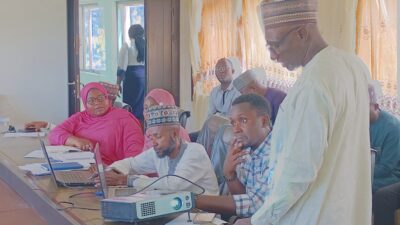
The Kaduna State Primary Health Care Board (SPHCB) has launched the Maternal and Newborn Mortality Reduction Innovation Initiative (MAMII) to address the high rates of maternal and newborn mortality in the state.
According to Hajiya Hussaina Kudan, representative of a Director at SPHCB, the initiative is part of the state’s efforts to achieve its vision of providing accessible, affordable, and high-quality primary healthcare services to all residents.
The national health indices reveal a grim picture, with a neonatal mortality rate of 39 per 1,000 live births and a maternal mortality rate of 512 per 100,000 live births. In Kaduna State, the neonatal mortality rate is 6 per 1,000 live births, while the maternal mortality rate is 449 per 100,000 live births.
The drivers of neonatal and maternal mortality include inadequate skilled birth attendance, low antenatal and postnatal care uptake, weak referral and emergency transport systems, high rate of adolescent pregnancies, and poor health infrastructure in rural areas.
To address these challenges, SPHCB has implemented various interventions, including training and mentorship for PHC workers, equipment and commodities, emergency transport systems, community engagement, and health insurance coverage.
The 2+2 Agenda, conceived by the current leadership of SPHCB, aims to reduce maternal and childhood mortality rates by 25% in the first two years and 20% in the subsequent two years. The agenda also targets a 30% reduction in malnutrition and the total elimination of zero-dose LGAs in the state within two years.
MAMII is being used to coordinate activities, identify gaps, and enhance state-level accountability mechanisms for reducing maternal and newborn deaths. The initiative recommends scaling up VASA (integrated verbal and social autopsy) in the remaining 13 LGAs, expanding training for community healthcare workers, and conducting orientation training for traditional birth attendants on danger signs and referrals.
Other recommendations include advocating for uninterrupted supplies of life-saving medicines, strengthening data systems on CBHMIS, enhancing community engagement to address cultural barriers, and advocating for timely budget releases and cash backing.
The MAMII platform is driving sustainable strategies to reduce maternal and newborn deaths across Kaduna State. Continuous coordination, data-driven actions, and community engagement remain key to achieving the 2+2 Agenda goals.
They call to action is clear: “No Woman Should Die Giving Birth Invest in FP & MNCH Now!”

